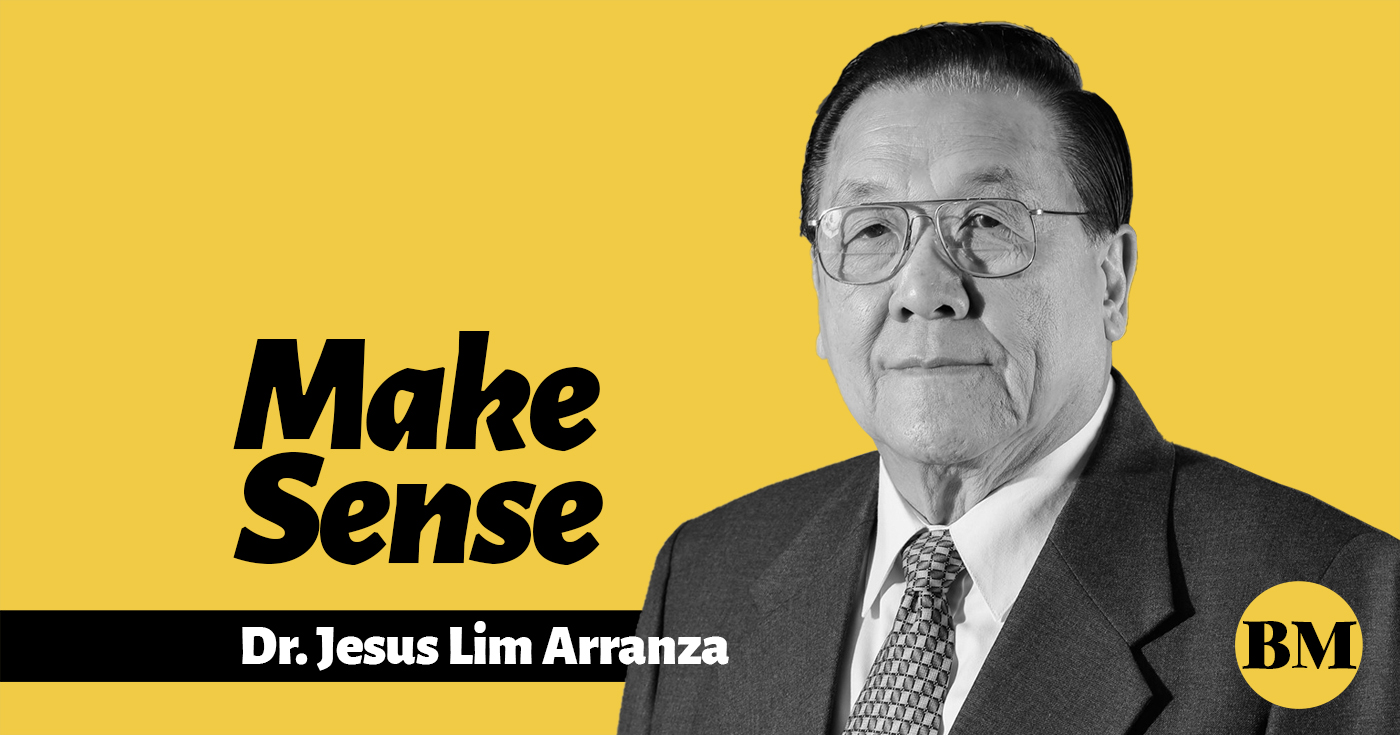
AS we enter the ninth month of the global pandemic, barely anyone at the highest policy level has mentioned the recruitment industry as among the worst hit. Perhaps, some of them have yet to take the overseas recruitment industry seriously, as a business, because, well, there have always been too much drama and complex issues that come with having people as both clients and “products.” There is no doubt, however, that both the land-based and sea-based agencies are absorbing humongous overhead costs while waiting for the situation to normalize.
Here is an excerpt from a letter addressed to Labor Secretary Silvestre Bello III from the Association for Professionalism in Overseas Employment, an elite organization composed of presidential awardees from the land-based recruitment sector, itemizing concerns over our country’s diminishing competitive advantage in the labor migration sphere:
1. “It takes a week or two to secure a manual OEC [“overseas employment certificate”]. Given the deployment ban on health-care workers, in-house processing of OEC will not proceed unless the job order is revalidated at Philippine Overseas Employment Administration manually. The process involves submission of letter and support documents [signed offer letter and POEA-approved employment contract, passport and visa copies] which pass through channels.”
2. “Employment contracts of long time Principals or new multi-national/global Employers are modified, and in many cases, with installment deficiency notices during the process.”
3. “Foreign principals that do not have a registered business office/entity in the country of work is not allowed and/or takes too much time, for approval. In spite of the justification presented and/or explained, yet no concrete answer as to why it is not allowed.”
4. “In the multi accreditation process, POEA requires certification from its Adjudication Office that the Principal/Employer is not suspended or disqualified under POEA rule. This is on top of the other external clearances from the former agency/ies or RTC that no pending case was filed against the Principal/Employer. The new agency applying for accreditation has to secure the certification from the Adjudication Office for this matter, which eats up additional time in view of paperwork and formalities. We wonder why the POEA database does not automatically capture the status of the Principal/Employer for clearances and certifications such as this.”
5. “From the supposed and usual minimum four years validity of accreditation, some Principals were granted a shorter period.”
6. “Even prior to the pandemic, securing appointment at POEA is an extreme hassle, entailing written requests and weeks of waiting for confirmation.”
As a labor advocate, I know that behind every unusually delayed work contract is an anxious and over-burdened worker. When the licensed agency is in fact a presidential awardee, then very little should change despite the Covid-19 pandemic. By now, many government and corporate offices have adapted quite well, and have even emerged with a sharper mastery and focus of their key core functions. I hope that with the recent reshuffling of POEA directors, and given POEA Administrator Bernard Olalia’s excellent rapport with stakeholders, that these pending concerns will soon be resolved.
Meanwhile, overseas employment’s fate also hinges on whether the entire structure itself of the program will be revised according to the bill filed by Senator Bong Go, soon to be certified as urgent.
Under Senate Bill 1835, the POEA and the Overseas Workers’ Welfare Administration (OWWA) will be attached to the new department to be named as the “Department of Overseas Filipinos.” The bill responds to questions regarding the need for such a department, which amounts to admitting that overseas employment has become a permanent economic policy of the State.
“The State’s overseas employment program rests solely on the assurance that the dignity and human rights of OFWs shall neither be compromised or violated. Towards this end, the State shall continually aim to make overseas employment a choice of last resort and not as a necessity for every Filipino citizen.”
It envisions a department with a Secretary assisted by four undersecretaries, who must all be lawyers that have been practicing for at least five years. These offices of the undersecretaries are:
- Office of the Undersecretary for Administration and Finance.
- Office of the Undersecretary for Foreign Employment.
- Office of the Undersecretary for Assistance to Overseas Filipinos in Distress.
- Office of the Undersecretary for Policy, Treaties, International Agreements and Special Concerns.
Instead of the current structure of having an Assistance-to-Nationals Unit and Philippine Overseas Labor Office in an embassy, the bill seeks to integrate all staff and functions under the Assistance-to-Nationals office. This office shall absorb all the powers, functions and personnel of the POLO, existing ATN units of the DFA, and even the social welfare attaches and services of the DSWD overseas.
The good news is that, once this bill is passed, it will streamline all services for OFWs under one roof and with one Cabinet Secretary as its champion. Interesting times lie ahead for the overseas employment sector. Interesting is one word, risky is another. Right now, we are losing labor markets left and right, not by design, but simply by default. I pray for better times ahead, for all sectors, including overseas employment.



























